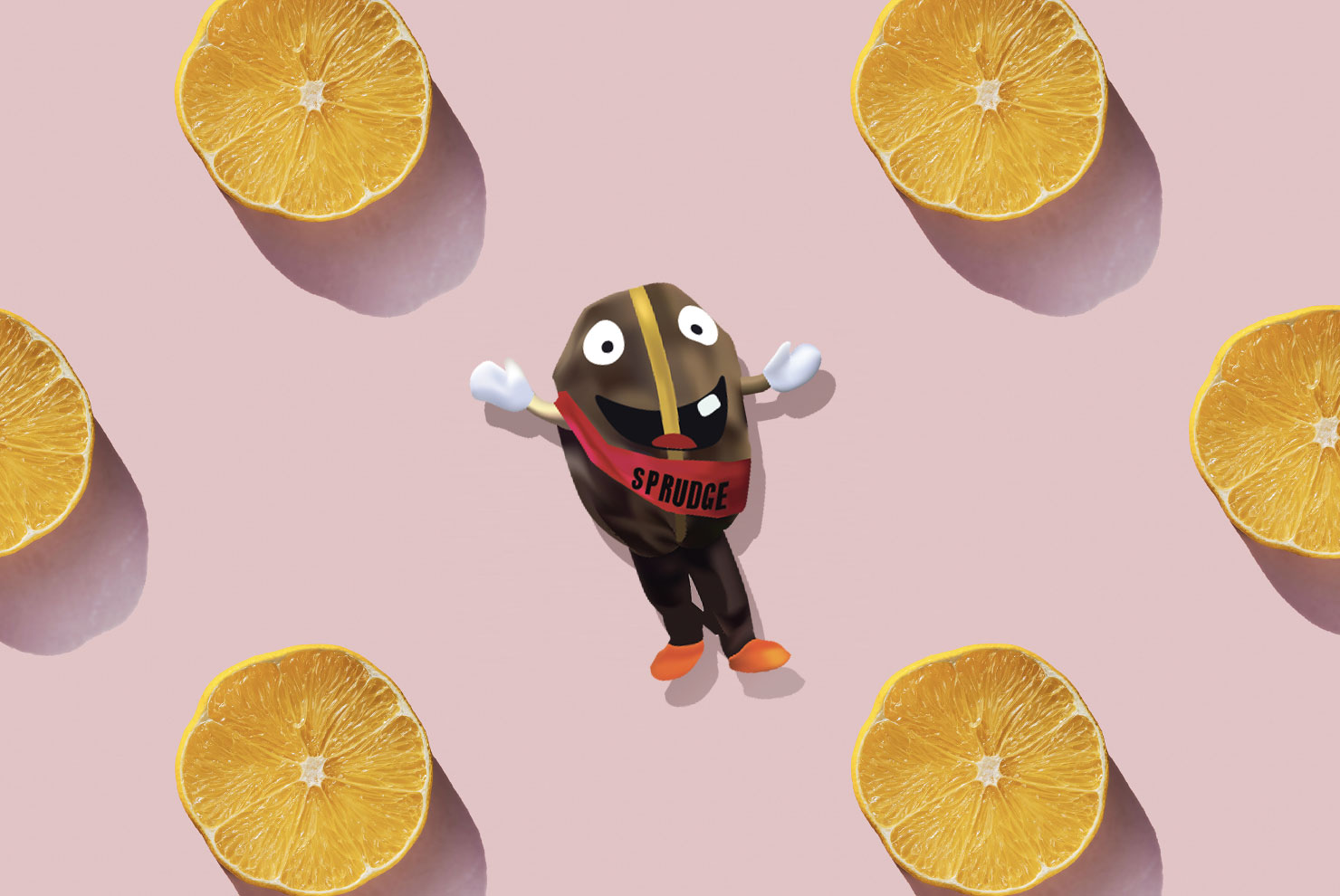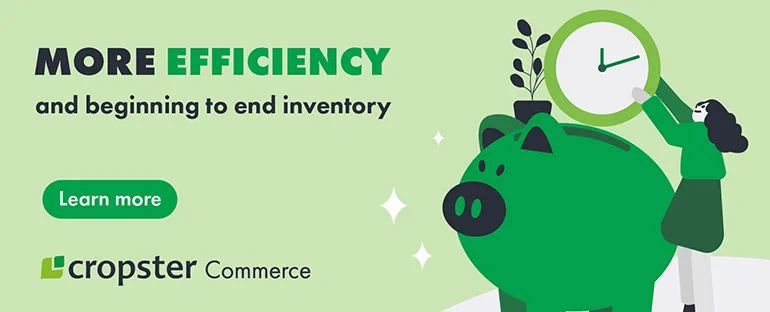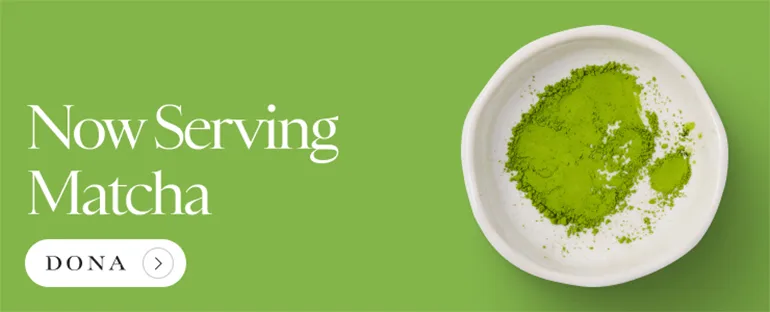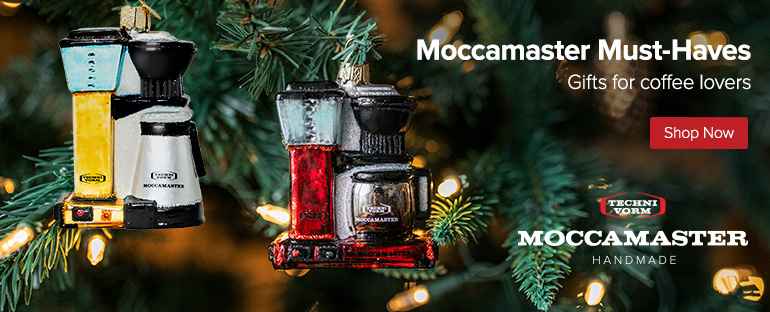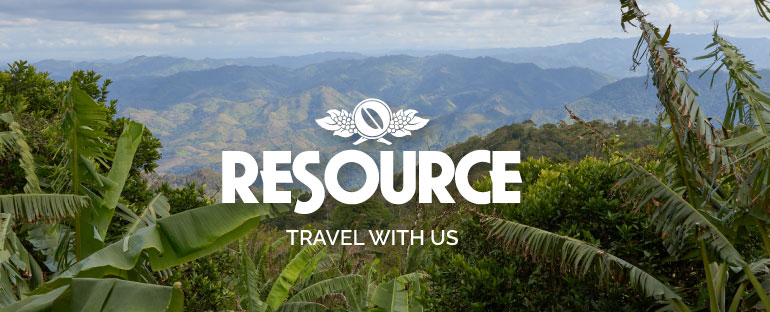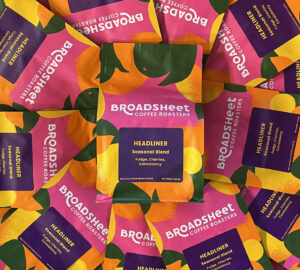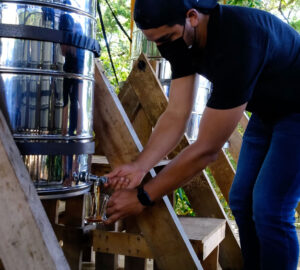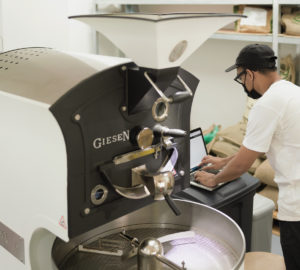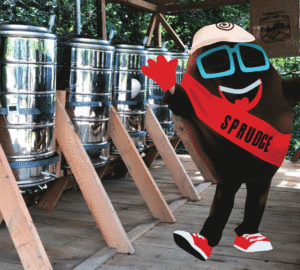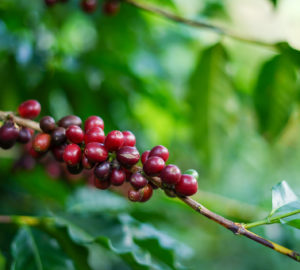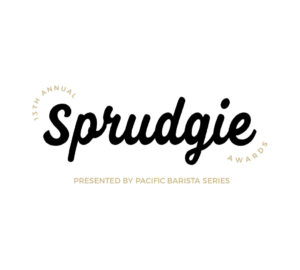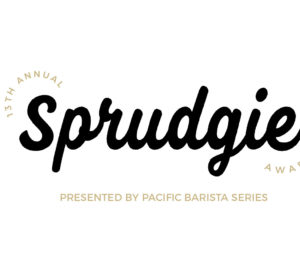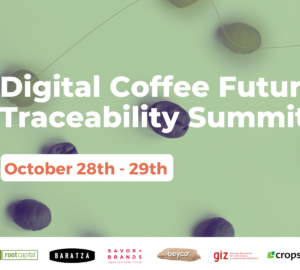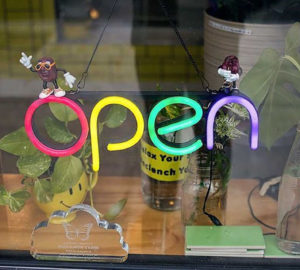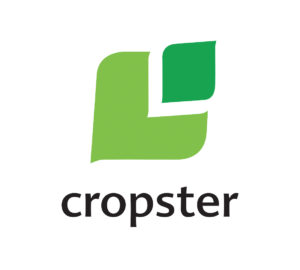When looking at the program for New York Coffee Festival 2022, one talk in particular caught my eye. Travas Clifton, the founder of Modcup Coffee—a roaster of experimental coffees—was presenting a “Euphoric Psychedelic Modern Tasting Experience,” featuring coffees that allegedly tasted like strawberry Jolly Ranchers.
Clifton described them as fruit macerations, a subcategory of infused coffee. The aroma is unmistakable, he told the crowd, and you don’t need special knowledge to recognize the tasting notes.
This accessibility and differentiation has captured the interest of an increasing number of specialty coffee drinkers—and open-minded roasting companies. But it’s also what makes it controversial. Specialty coffee as an industry is largely built around the development of high-quality coffee cultivated for specific tasting notes, carefully adjudicated and corresponding to real-world buying and selling across a global market. This system is effective and impactful; I’m not sure it would be described as “Psychedelic Modern” by anyone.
But if social media, coffee festivals, and even the coffee competition stage are barometers of wider trends in coffee, interest and demand for infused coffee is growing. Today discussion around this sub-category of coffee products can be found in nearly every corner of the coffee internet. It looks now something like a niche within a niche—a sub-category of specialty coffee with both haters and advocates on either side, ready to duke it out in the Instagram comments and message boards. Clearly, there’s something bigger at play, with a bigger set of questions to ask.
Whether you’re a hardcore coffee industry lifer or just someone who thinks this sounds interesting (and maybe noticed it popping up at their local coffee roaster), chances are you have questions—and perhaps even a take of your own in reply. Let’s dive in.
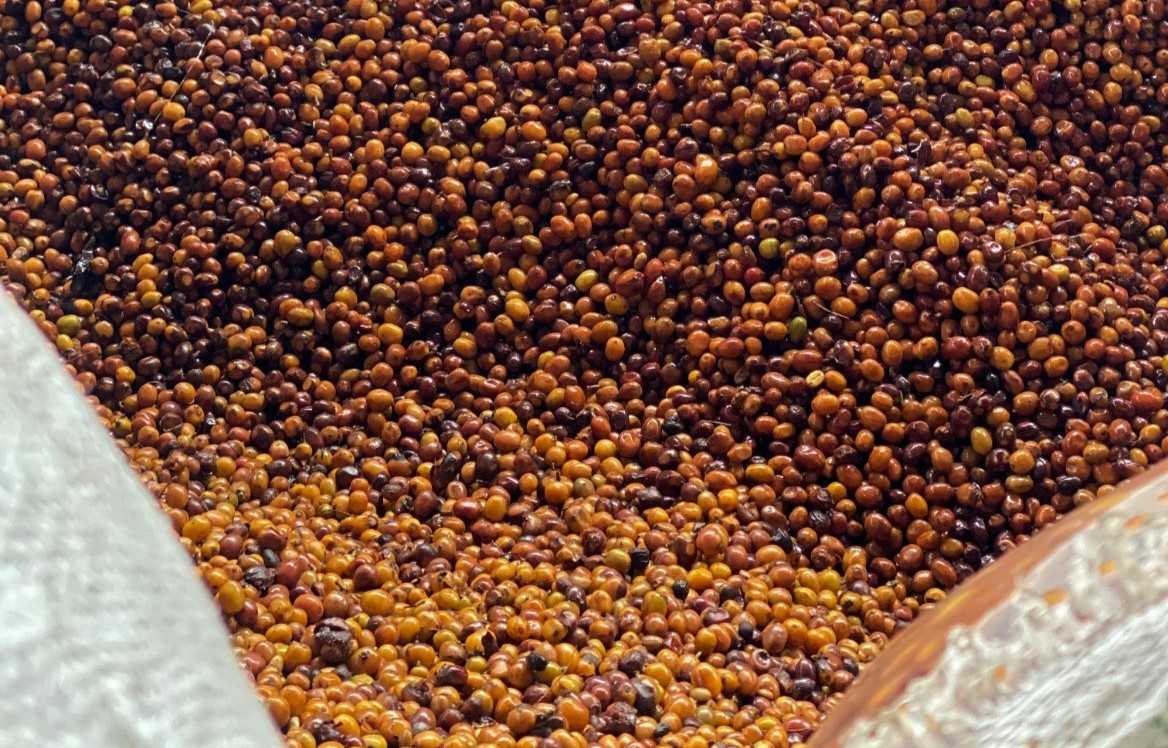
What Is Fruit Infused Coffee, Really?
All coffee cherries go through post-harvest processing that influences their tasting notes (natural and “washed” being the most common, but also only the tip of the iceberg). Fruit fermenting, like what I experienced with Modcup, is sometimes also called “infusing”, and can result in a product that is strongly reminiscent of the added aromatic agent. “Infused” as a term covers broad ground, which can result in confusion and controversy. It can refer to multiple quite different processes, from the addition of aromatic aids like essential oils, to barrel-aging, to fermentation with whole fruit or spices. This wide net leads to some overlapping terminology, including infusion, fruit fermentation, and maceration. “Because it’s relatively new, the name of the process hasn’t been standardized yet,” Karla Boza tells me. She is a coffee producer and Q Grader at Finca San Antonio Amatepec in El Salvador. with a valuable perspective on trends in the coffee industry.
By way of example, at the coffee festival, I tried Modcup’s “Star Berry” Finca Santa Maria from their Colombia Fruit Maceration Series, which Clifton describes as “essentially a honey process with an added element.” In the cup, it struck me as the love child of coffee and strawberry juice, and I had to learn more.
Modcup started in 2013 as a coffee cart in Jersey City, across the river from NYC, and from the very beginning focusing on fruit notes in coffee has been important to the company (Clifton describes the brand’s roasting style as “hella fruity”). In mid-2021, producers Felipe Arcila and Jairo Arcila approached Clifton via Cofinet, a producer and distributor of Colombian specialty coffee that specializes in alternative processing methods. After visiting their farms, Modcup began selling fruit macerations both in whole bean form and brewed in their four cafes. They also use fruit macerations to naturally flavor drinks versus using syrups and to create ready-to-drink coffee beverages, which gives both their cafes and consumers new options.
During the fall, they blend their cinnamon maceration (created through the breakdown of tartaric acid during fermentation) into brewed coffee to create a cinnamon undertone without the sugar, versus using syrup. Clifton is proud they can put the $1 upcharge “towards the farmer, not a conglomerate sugar company.”
Clifton says customers have responded best to cold drinks, like their cold brew made with peach maceration and an espresso tonic featuring their strawberry maceration.
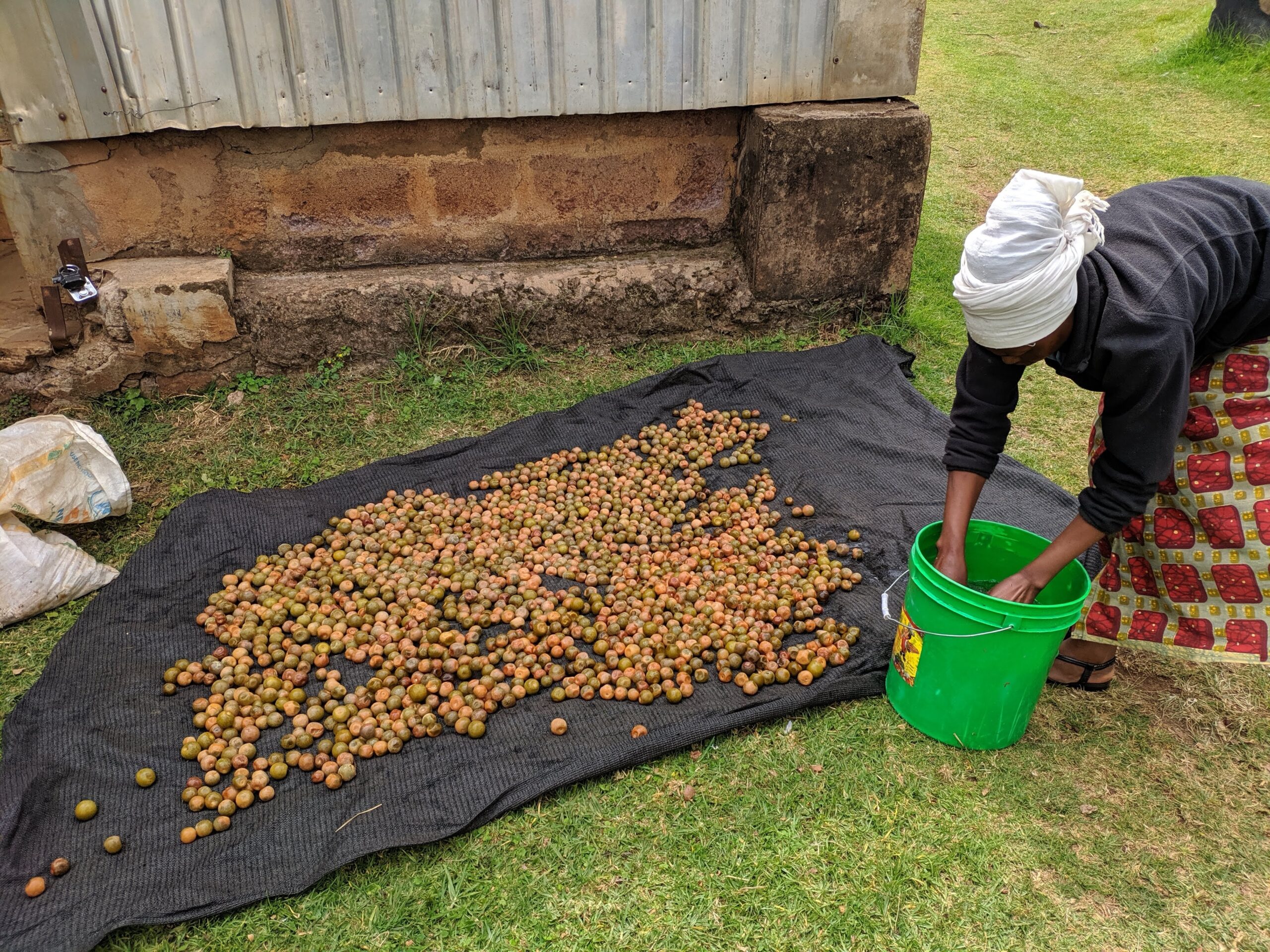
Confronting the Flavored Coffee Stigma
Some people get excited reading about these sorts of flavor possibilities, but others find infused coffee in this style to be fundamentally, diametrically opposed to what they love about coffee in the first place. In some ways, this mirrors the older stigma towards natural processed coffees long-held by some coffee professionals. Still, in other ways, it’s an extension of skepticism around artificial spray-style “flavored coffees” (S’Mores, Hazelnut, and so forth), which are still widely available on the commodity coffee market, and have long been avoided by the specialty coffee movement.
Karla Boza sees the interest in infusions as a feedback loop between consumers and roasters. “Sour is trendy in food right now. Think kombucha, sourdough, even beer. We’re part of the food industry, and we want to play that game too,” she says. Specialty producers are feeling the pressure to meet demand, Boza says, though their ability to adapt moves slower than the speed of the trends.
There is no more clear platform for trends in specialty coffee than the World Barista Championship, where high-minded ideas about coffee—both its production and its preparation—filter down to the wider coffee culture. As of 2023, the World Barista Championship’s take on all this is framed by Rule 3.1.C, which disallows any coffee that has “additives, flavorings, colorings, perfumes, aromatic substances, liquids, powders, etc. of any kind added at any point between the time the coffee is picked (as cherry) to when it is extracted into beverage.”
While coffees produced using carbonic maceration and anaerobic fermentation are no longer a stranger to the coffee world and even top competitions, methods like fruit maceration—which use cut fruit during the fermentation process— have cropped up more recently on competition stages, and appear to occupy a sort of a grey area within Rule 3.1.C.
Sasa Sestic, the 2015 World Barista Champion widely credited with introducing carbonic maceration to coffee, notes that competitors can be disqualified from various coffee competitions even if they don’t know their competition coffees are infused. Without clear quality standards, however, this may continue to pose issues for how they’re classified on the competition stage.
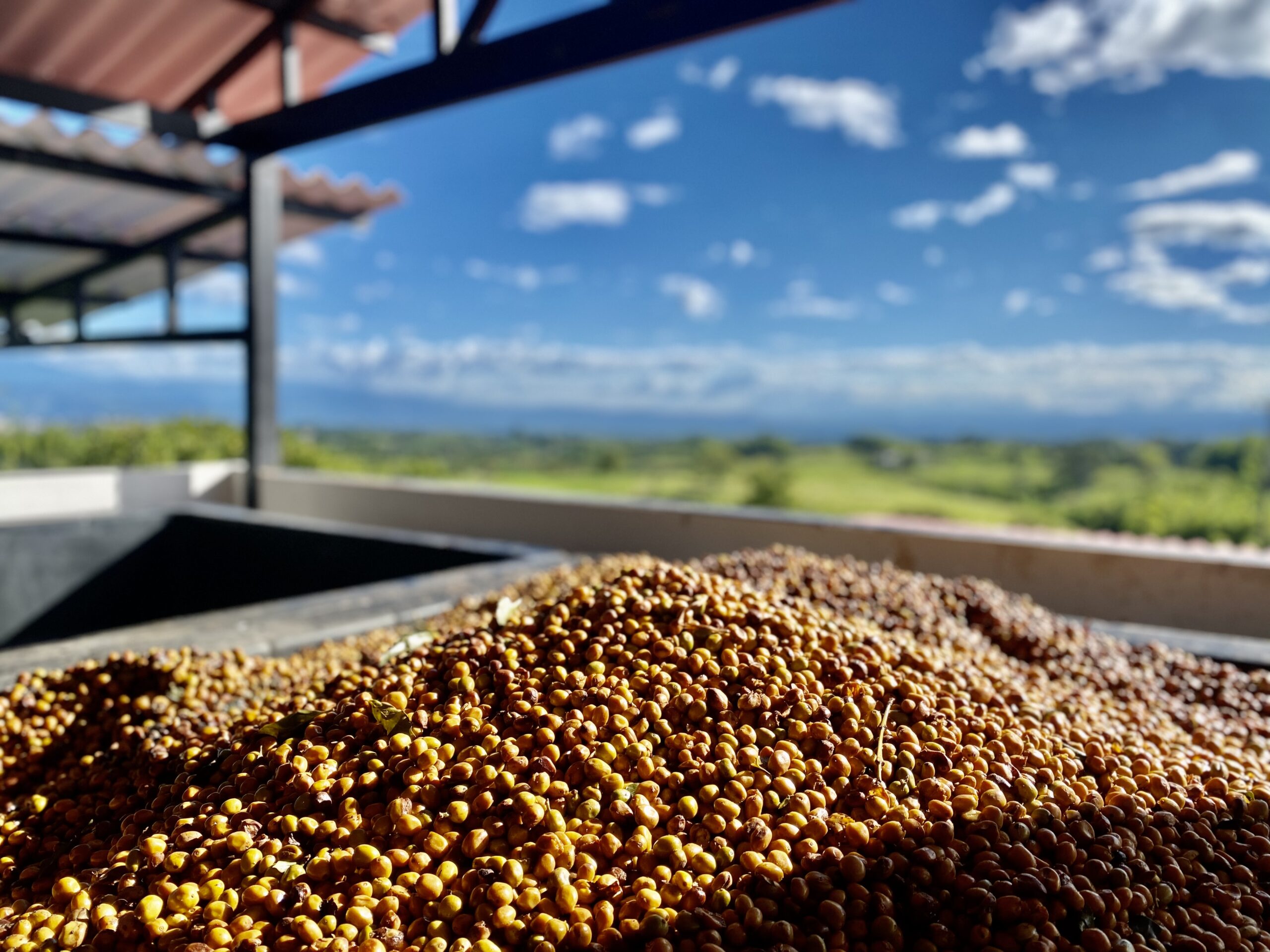
The Challenges
Quality is a critical component of specialty, and some in the industry are worried about how infused coffee might shift this definition. For example, some see a processing method like fruit fermentation as a way to get more out of a lower graded quality, versus the more purist approach of cultivating and roasting a coffee to highlight varietal, terroir, and various tasting notes.
Because fruit and spice macerations are a form of experimental processing, it’s possible for coffee professionals to attribute the aromatic result to other experimental techniques, rather than added aromatics. “There are no guidelines, even among Q graders, for what a good processed fermentation tastes like,” says Boza. “There’s always debate in a room of professional cuppers when discussing fermented coffees,” she adds, noting that the ways in which cuppers grade fermentation is inherently subjective. “It depends on what you like.”
But what about transparency? While professional cupping is done blindly, what happens once infused coffee hits the market? Consumers may perceive an infused coffee differently if natural or artificial methods were used. For his part, Sestic has called on coffee professionals to push for transparent labeling standards, both at competitions and for the end consumer to understand how the coffee was processed (including any allergens involved).
Modcup is actively working to ensure transparency with multiple points of contact. In their cafes, fruit macerations are noted with a sign, and baristas explain to intrigued customers that the coffee is processed with natural additives. The coffee’s packaging also states it clearly: “espresso blend with peach maceration.”
Perhaps the biggest question, especially for coffee producers, comes down to longevity. Are infused coffees, Boza mentioned in our conversation, something of a passing trend? Boza sees the issue both from the perspective of a coffee producer and a Q Grader, notes that your vantage point in the specialty industry makes a big difference. One of the biggest challenges for producers, she explains, is the viability of new processing methods. Not only does fruit fermentation require a large initial investment in fermentation tanks, it introduces variables like temperature, oxygen levels, and time that must be tightly controlled.
This increases production costs without being able to guarantee a positive result, says Boza. When producers attempt to innovate without the knowledge to do it successfully, they may put their yields and the livelihoods of the farmworkers, as well as the extended community, at risk. “It’s okay not to like something, but it’s unfair to critique a process when producers are supplying your demand but don’t have access to the resources they need to [do fermentations] in a safe or standardized way,” says Boza. She notes that producers are often responding to the demands of roasters, who themselves are responding to market demand.
Either way, Boza says that experimental coffees require an established relationship with a roaster that commits to purchasing the product regardless of the outcome. If you’re hopping on a trend and the conversation changes, you can’t leave the coffee producer holding the proverbial bag.
The Future of Infused Coffee
The precise impact of infused coffee on specialty remains to be seen. For Modcup, fruit fermentations have created mutual benefit for their brand and the producer with whom they’ve formed a strong partnership. It’s also given them the opportunity to make their case for how modern specialty should look.
“The price of everything, including coffee, is going up,” says Modcup’s Clifton. “Experimental coffees aren’t cheap for green buyers or roasters, and the price point can make them exclusive. We’re trying to take the exclusivity out [of specialty].”
There is one big caveat to all of this: Leaning into specialty-grade infusions might benefit the industry long-term, especially producers who want to add value to their coffees in a time when climate change and labor shortage is putting pressure on the specialty supply chain.
“If the [infusion] process can be done well, it can increase the cup score of poorly harvested coffee,” says Karla Boza. “This can help me elevate my coffee despite setbacks I have no control over.” In this statement you can find both the challenge and the promise of infused coffee in equal measure: what some look to as an opportunity to elevate a coffee that might score poorly, others view as a disingenuous means to cover up flaws; many who work in specialty coffee would welcome the opportunity for producers to make the very most out of the entirety of their annual harvest; many who work in specialty coffee also hold strongly felt purist ideas about quality, transparency, and coffee’s artisan identity.
There is not one answer yet, or anything approaching consensus in the coffee industry. Infused coffee is here now; it is quite different from the artificial “flavored” coffees on the commodity market, but it also exists outside of the purist ethos that many in the specialty coffee scene pursue. The conversation around infused coffee continues to evolve among all stakeholders, with questions of quality, transparency, and longevity at the forefront. The future of infused coffee is still to be written, but the possibilities are there now, waiting to be sampled, with intriguing flavor results that only serve to push the conversation further.
Chloé Skye Weiser (@apostropheskye) is a freelance writer based in Denmark. Read more Chloé Skye Weiser for Sprudge.







